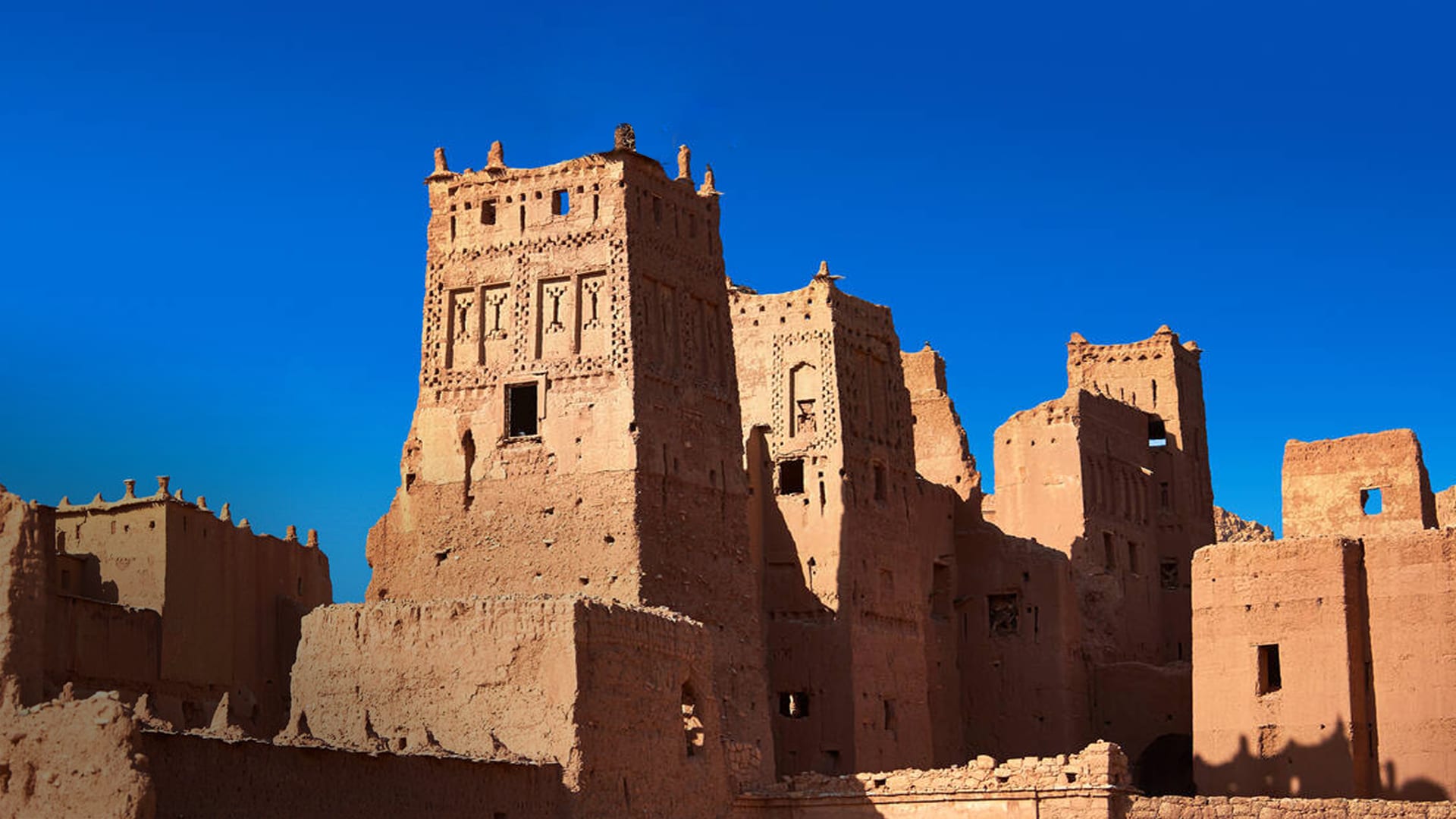Scroll for prep

Please wait…
This video is having trouble loading. You may have lost your Internet connection.
Step 1: Click to Reload this page
Step 2: Click to
Try our other video player
Step 3: Contact your teacher if trouble persists.
Or,
dismiss this message.
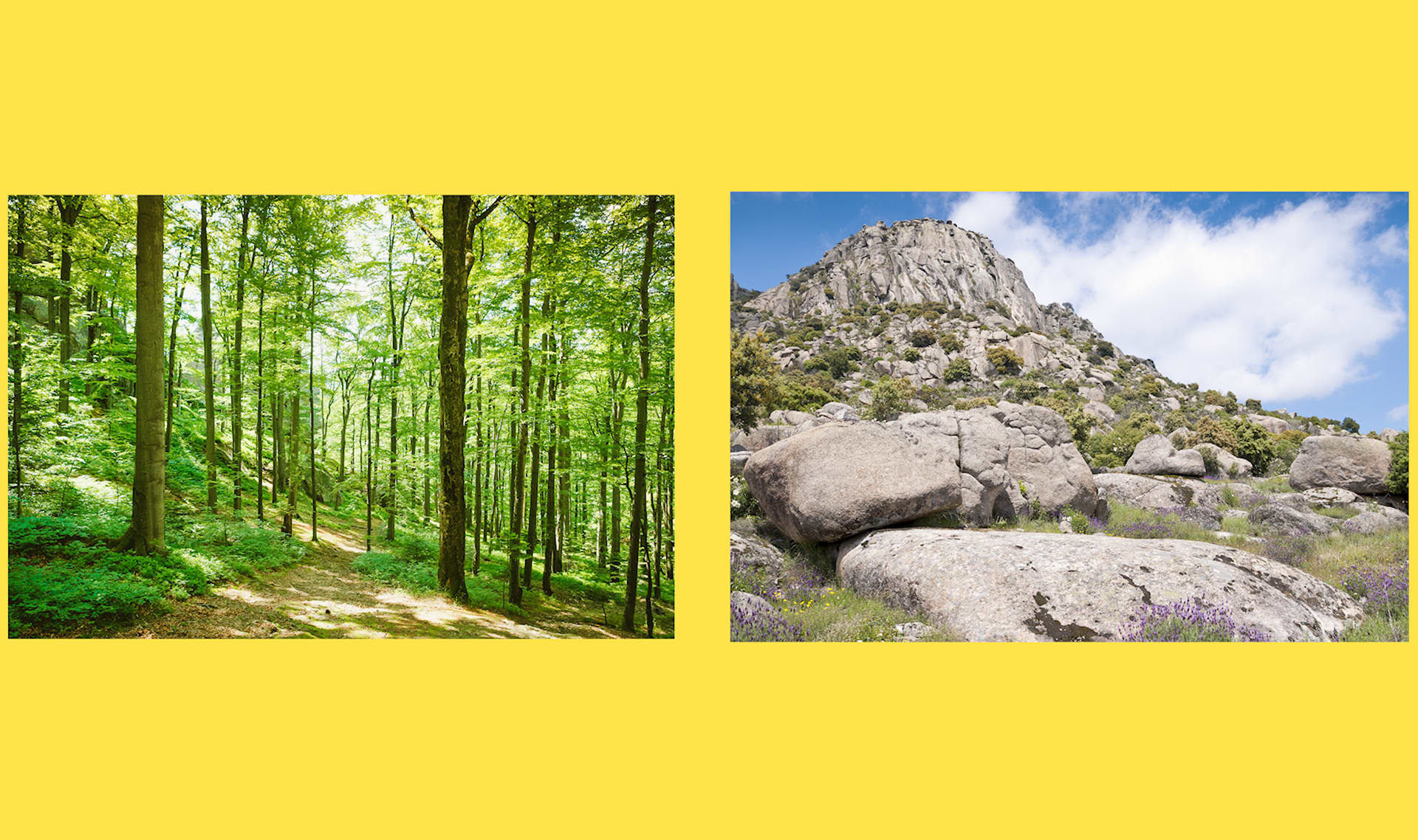
DISCUSS:
What do you see in these places that you could use to build a house?
What do you see in these places that you could use to build a house?

Please wait…
This video is having trouble loading. You may have lost your Internet connection.
Step 1: Click to Reload this page
Step 2: Click to
Try our other video player
Step 3: Contact your teacher if trouble persists.
Or,
dismiss this message.
DISCUSS:
What kinds of things are good to build houses with?
What makes them good for building?

Please wait…
This video is having trouble loading. You may have lost your Internet connection.
Step 1: Click to Reload this page
Step 2: Click to
Try our other video player
Step 3: Contact your teacher if trouble persists.
Or,
dismiss this message.
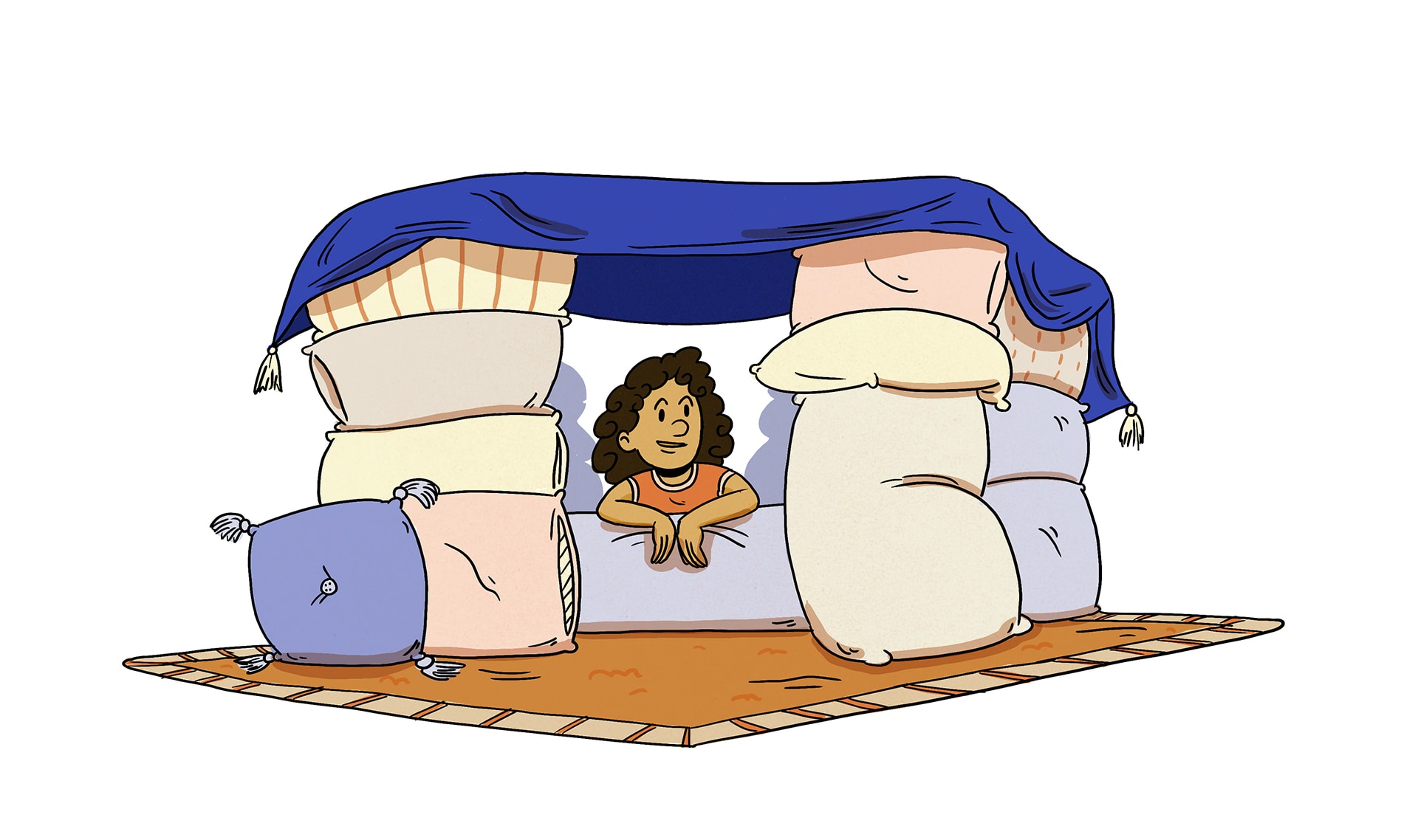
DISCUSS:
What would be good about living in a house made of pillows?
What would be bad about living in a house made of pillows?
What would be good about living in a house made of pillows?
What would be bad about living in a house made of pillows?

Please wait…
This video is having trouble loading. You may have lost your Internet connection.
Step 1: Click to Reload this page
Step 2: Click to
Try our other video player
Step 3: Contact your teacher if trouble persists.
Or,
dismiss this message.
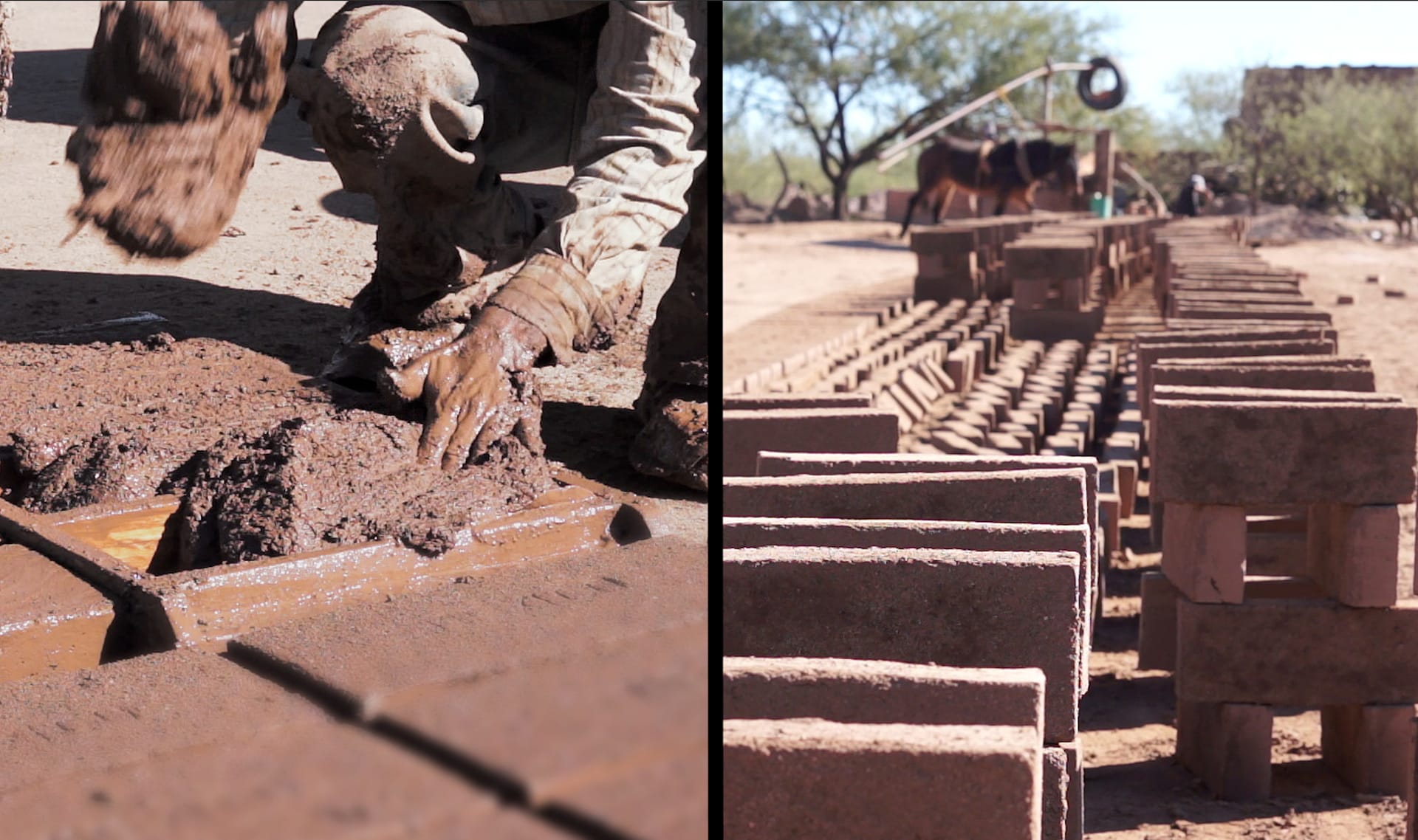
DISCUSS:
How is the wet mud different from the dried mud?
How is the wet mud different from the dried mud?

Please wait…
This video is having trouble loading. You may have lost your Internet connection.
Step 1: Click to Reload this page
Step 2: Click to
Try our other video player
Step 3: Contact your teacher if trouble persists.
Or,
dismiss this message.
DISCUSS:
How could you figure out what kind of soil is best for building a house?

Please wait…
This video is having trouble loading. You may have lost your Internet connection.
Step 1: Click to Reload this page
Step 2: Click to
Try our other video player
Step 3: Contact your teacher if trouble persists.
Or,
dismiss this message.

Please wait…
This video is having trouble loading. You may have lost your Internet connection.
Step 1: Click to Reload this page
Step 2: Click to
Try our other video player
Step 3: Contact your teacher if trouble persists.
Or,
dismiss this message.
Step
01/16
01/16
Find a partner.
Decide who will be Soil Captain and who will be Water Wizard.
Decide who will be Soil Captain and who will be Water Wizard.

Please wait…
This video is having trouble loading. You may have lost your Internet connection.
Step 1: Click to Reload this page
Step 2: Click to
Try our other video player
Step 3: Contact your teacher if trouble persists.
Or,
dismiss this message.
Step
02/16
02/16
Get your supplies. (You’ll get more supplies later.)

Please wait…
This video is having trouble loading. You may have lost your Internet connection.
Step 1: Click to Reload this page
Step 2: Click to
Try our other video player
Step 3: Contact your teacher if trouble persists.
Or,
dismiss this message.
Step
03/16
03/16
Soil Captain & Water Wizard: Examine each pretend soil closely. What
do they look like? What do they feel like? What do the soils do when
you stir them with a toothpick?
do they look like? What do they feel like? What do the soils do when
you stir them with a toothpick?

Please wait…
This video is having trouble loading. You may have lost your Internet connection.
Step 1: Click to Reload this page
Step 2: Click to
Try our other video player
Step 3: Contact your teacher if trouble persists.
Or,
dismiss this message.
Step
04a/16
04a/16
Discuss:

Please wait…
This video is having trouble loading. You may have lost your Internet connection.
Step 1: Click to Reload this page
Step 2: Click to
Try our other video player
Step 3: Contact your teacher if trouble persists.
Or,
dismiss this message.
Step
04b/16
04b/16
Here’s what we noticed.

Please wait…
This video is having trouble loading. You may have lost your Internet connection.
Step 1: Click to Reload this page
Step 2: Click to
Try our other video player
Step 3: Contact your teacher if trouble persists.
Or,
dismiss this message.
Step
05/16
05/16
Get the rest of your supplies.
You’ll need a cup of water and a spoon.
You’ll need a cup of water and a spoon.

Please wait…
This video is having trouble loading. You may have lost your Internet connection.
Step 1: Click to Reload this page
Step 2: Click to
Try our other video player
Step 3: Contact your teacher if trouble persists.
Or,
dismiss this message.
Step
06/16
06/16
Soil Captain: Hold one of the Mystery Soil cups steady.
Water Wizard: Carefully add 1 spoonful of water to the cup.
You just need a little bit—it’s better to add too little than too much!
Water Wizard: Carefully add 1 spoonful of water to the cup.
You just need a little bit—it’s better to add too little than too much!

Please wait…
This video is having trouble loading. You may have lost your Internet connection.
Step 1: Click to Reload this page
Step 2: Click to
Try our other video player
Step 3: Contact your teacher if trouble persists.
Or,
dismiss this message.
Step
07/16
07/16
Soil Captain: Use a toothpick to mix Mystery Soil A for 5 seconds.
Water Wizard: Continue mixing the Mystery Soil A and the water for
another 10 seconds. Both: Repeat for Mystery Soil B and C.
Water Wizard: Continue mixing the Mystery Soil A and the water for
another 10 seconds. Both: Repeat for Mystery Soil B and C.

Please wait…
This video is having trouble loading. You may have lost your Internet connection.
Step 1: Click to Reload this page
Step 2: Click to
Try our other video player
Step 3: Contact your teacher if trouble persists.
Or,
dismiss this message.
Step
08/16
08/16
Test #1: Big Clump. Mud needs to clump together. To test this, try to
lift a clump of mud up with your toothpick. If a big clump of mud can
stay on the toothpick, it passes the test!
lift a clump of mud up with your toothpick. If a big clump of mud can
stay on the toothpick, it passes the test!

Please wait…
This video is having trouble loading. You may have lost your Internet connection.
Step 1: Click to Reload this page
Step 2: Click to
Try our other video player
Step 3: Contact your teacher if trouble persists.
Or,
dismiss this message.
Step
09/16
09/16
Discuss:

Please wait…
This video is having trouble loading. You may have lost your Internet connection.
Step 1: Click to Reload this page
Step 2: Click to
Try our other video player
Step 3: Contact your teacher if trouble persists.
Or,
dismiss this message.
Step
10/16
10/16
Water Wizard: Turn cup A upside down on your plate.
Soil Captain: Use a pencil to write the letter A on the plate.
Both: Repeat this for cup B and cup C.
Soil Captain: Use a pencil to write the letter A on the plate.
Both: Repeat this for cup B and cup C.

Please wait…
This video is having trouble loading. You may have lost your Internet connection.
Step 1: Click to Reload this page
Step 2: Click to
Try our other video player
Step 3: Contact your teacher if trouble persists.
Or,
dismiss this message.
Step
11/16
11/16
Test #2: Brick Builder. Work with your partner. Using your toothpicks,
spoon, or even your fingers, try to form your mud into a shape. If the
mud stays in the shape you make, it passes the test!
spoon, or even your fingers, try to form your mud into a shape. If the
mud stays in the shape you make, it passes the test!

Please wait…
This video is having trouble loading. You may have lost your Internet connection.
Step 1: Click to Reload this page
Step 2: Click to
Try our other video player
Step 3: Contact your teacher if trouble persists.
Or,
dismiss this message.
Step
12/16
12/16
Discuss:

Please wait…
This video is having trouble loading. You may have lost your Internet connection.
Step 1: Click to Reload this page
Step 2: Click to
Try our other video player
Step 3: Contact your teacher if trouble persists.
Or,
dismiss this message.
Step
13/16
13/16
Test #3: Not Too Sticky. Work with your partner. Use your fingers (or
a toothpick) to see if the mud sticks to you! If the mud does NOT
stick to you & easily comes off your fingers, then it passes the test!
a toothpick) to see if the mud sticks to you! If the mud does NOT
stick to you & easily comes off your fingers, then it passes the test!

Please wait…
This video is having trouble loading. You may have lost your Internet connection.
Step 1: Click to Reload this page
Step 2: Click to
Try our other video player
Step 3: Contact your teacher if trouble persists.
Or,
dismiss this message.
Step
14/16
14/16
Both: Use a paper towel to wipe off your fingers and clean up.

Please wait…
This video is having trouble loading. You may have lost your Internet connection.
Step 1: Click to Reload this page
Step 2: Click to
Try our other video player
Step 3: Contact your teacher if trouble persists.
Or,
dismiss this message.
Step
15/16
15/16
Discuss:

Please wait…
This video is having trouble loading. You may have lost your Internet connection.
Step 1: Click to Reload this page
Step 2: Click to
Try our other video player
Step 3: Contact your teacher if trouble persists.
Or,
dismiss this message.
Step
16/16
16/16
Discuss:

Please wait…
This video is having trouble loading. You may have lost your Internet connection.
Step 1: Click to Reload this page
Step 2: Click to
Try our other video player
Step 3: Contact your teacher if trouble persists.
Or,
dismiss this message.
DISCUSS:
What tests could you do to see if your mud changes in extreme weather, like hot sun or rain?

Please wait…
This video is having trouble loading. You may have lost your Internet connection.
Step 1: Click to Reload this page
Step 2: Click to
Try our other video player
Step 3: Contact your teacher if trouble persists.
Or,
dismiss this message.
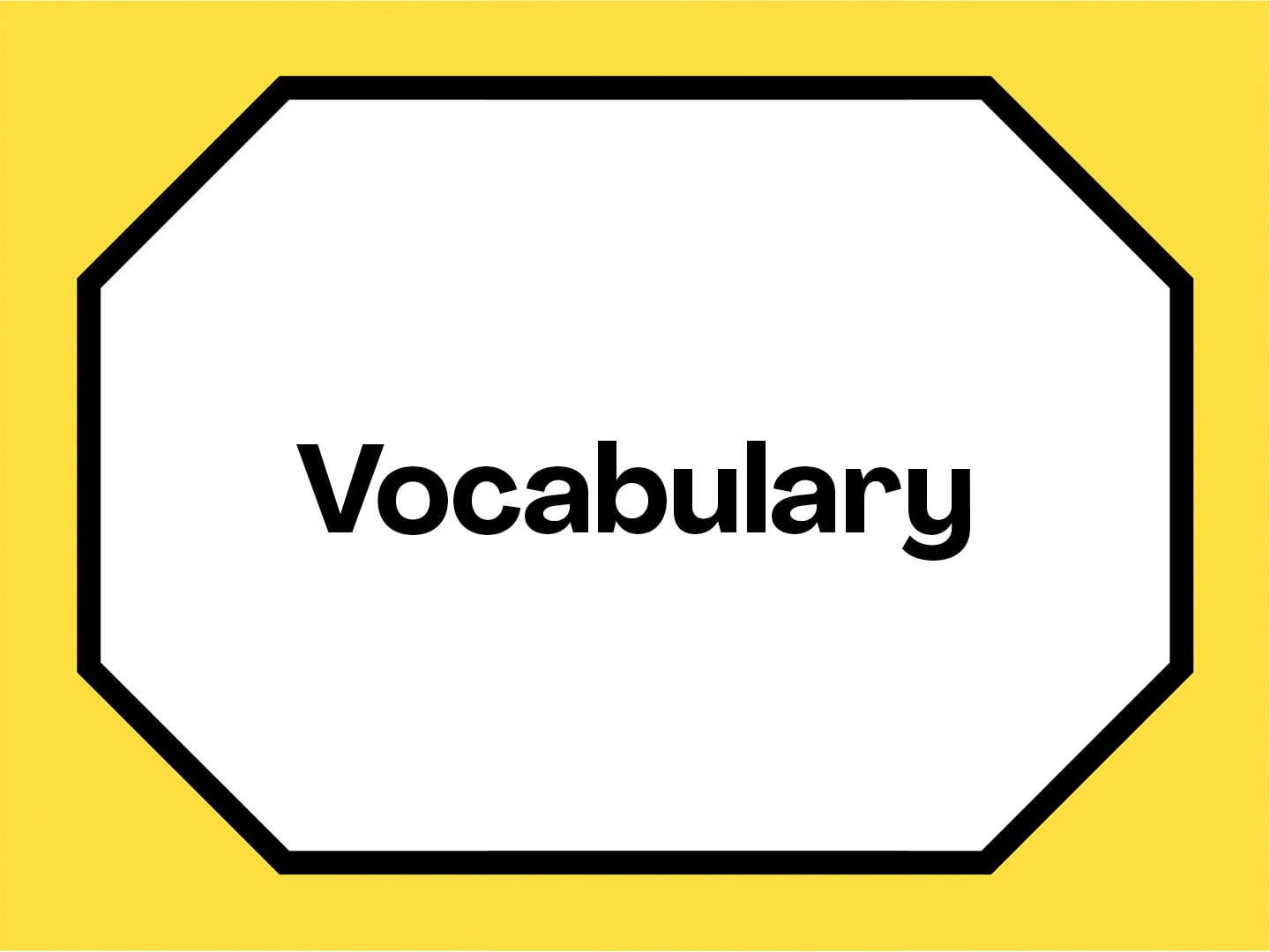
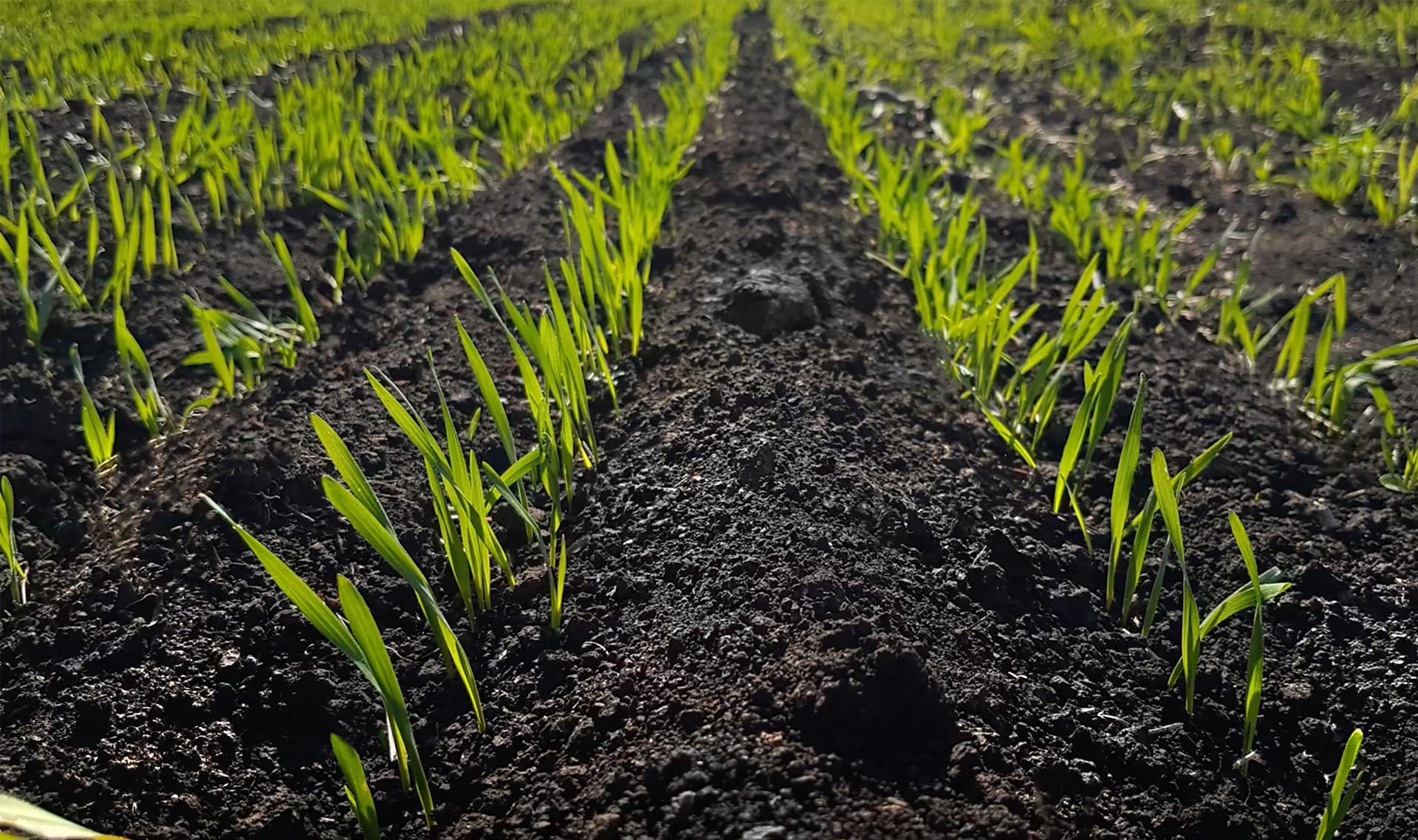
soil
1 of 12
tiny pieces of rock and other materials that cover the ground
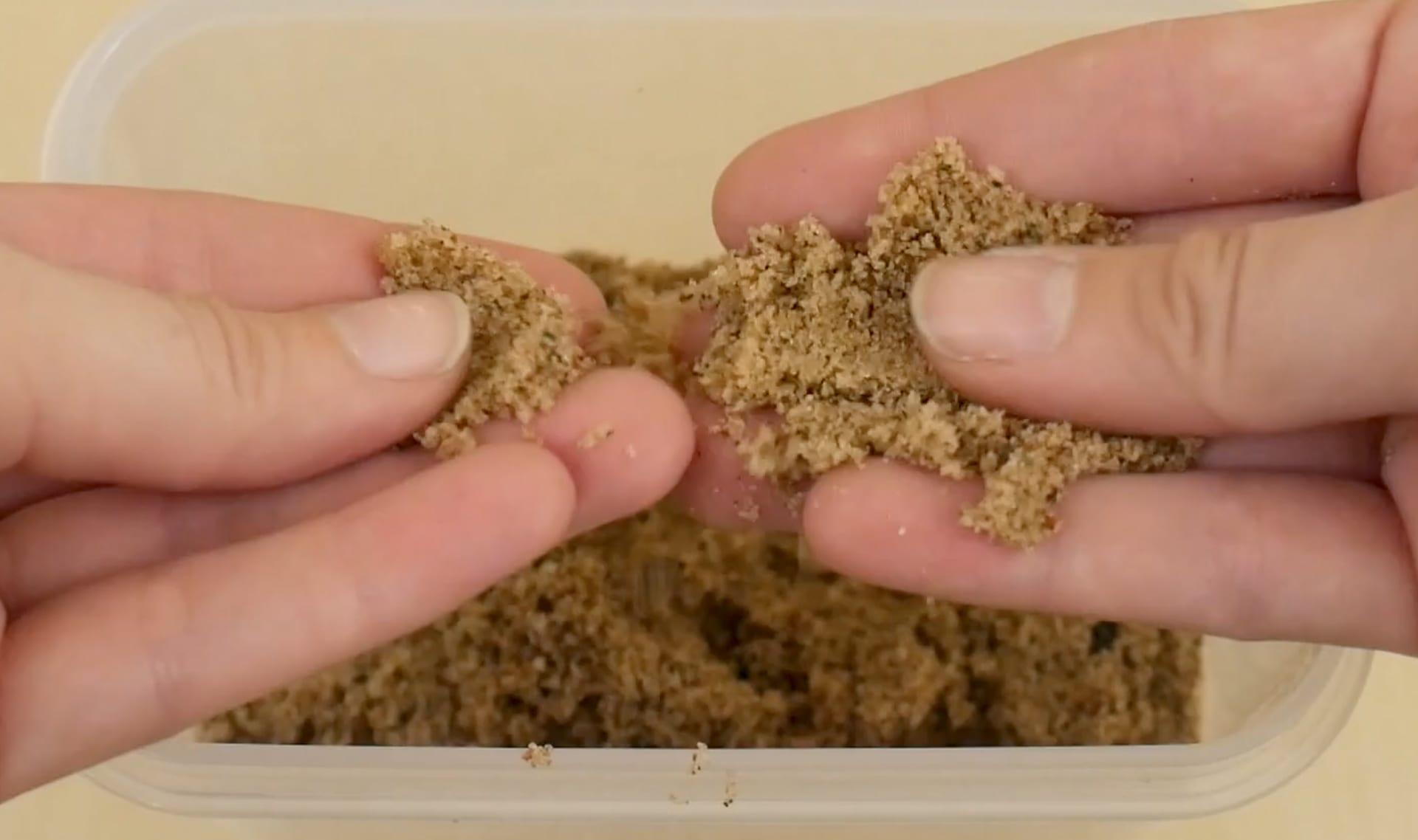
sandy soil
2 of 12
a type of soil that has a rough texture; water easily flows through it
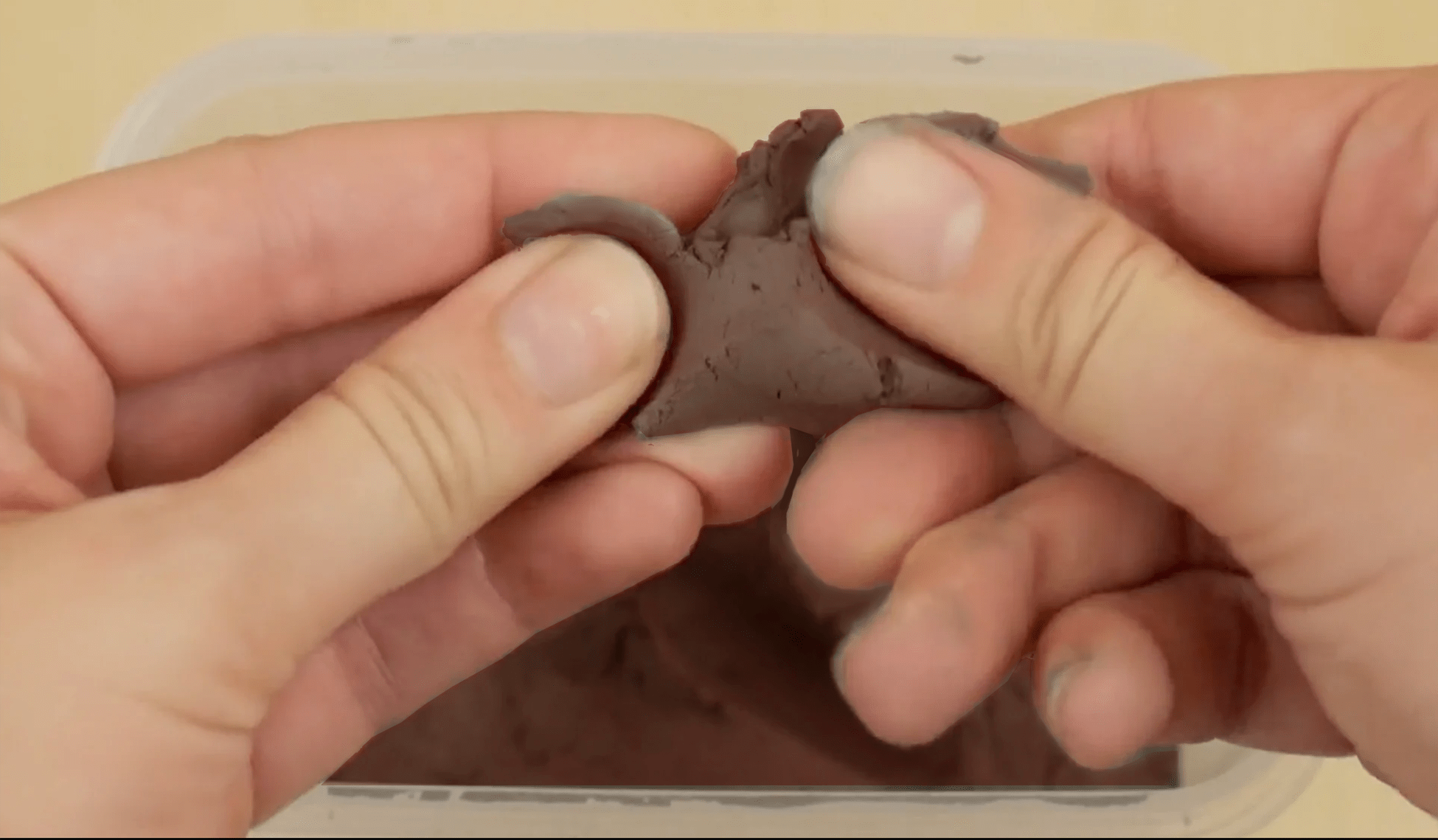
clay soil
3 of 12
a type of soil that has a smooth texture; water does not easily flow through it

Please wait…
This video is having trouble loading. You may have lost your Internet connection.
Step 1: Click to Reload this page
Step 2: Click to
Try our other video player
Step 3: Contact your teacher if trouble persists.
Or,
dismiss this message.
weather
4 of 12
what the air is like at a particular time and place
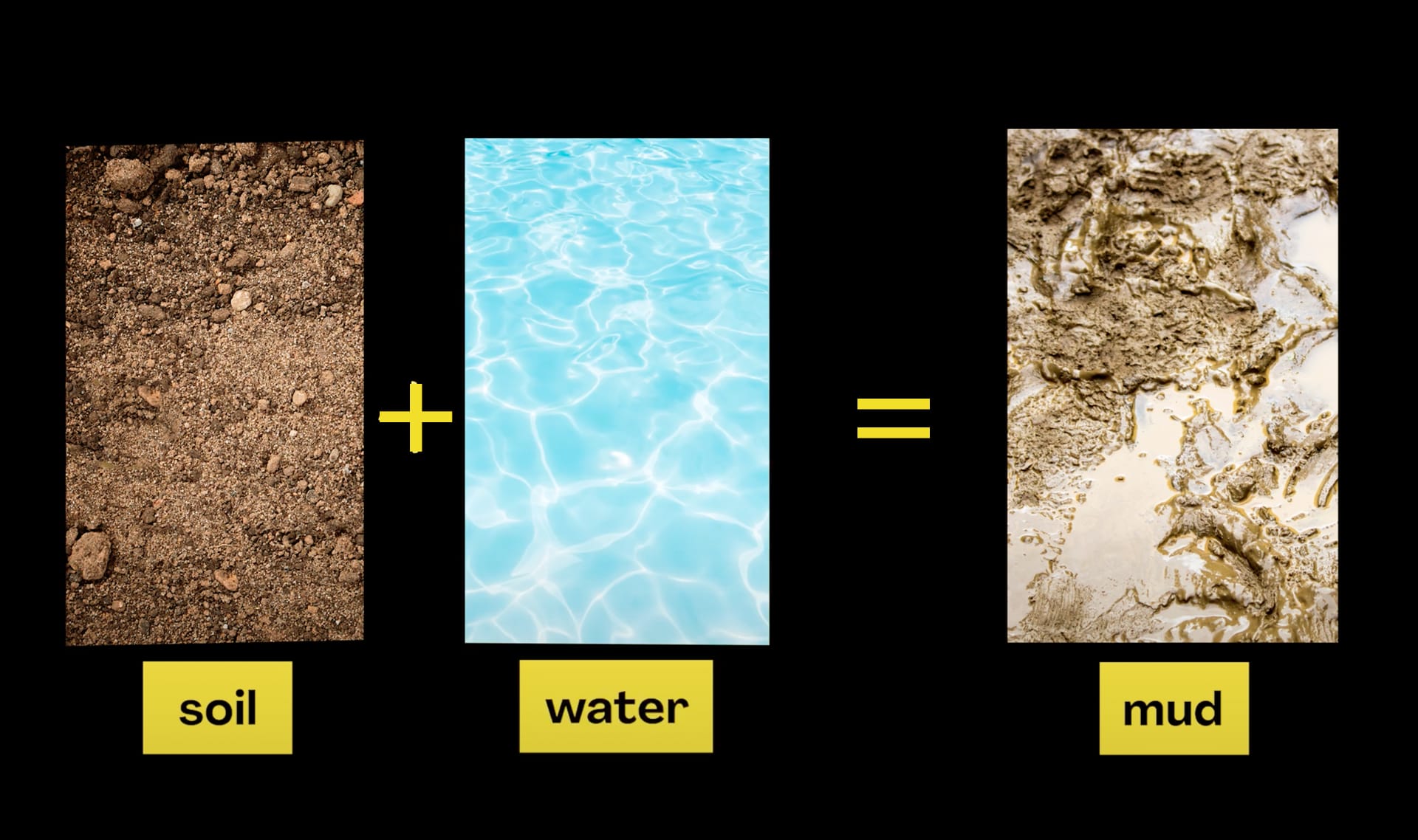
mixture
5 of 12
a combination of two or more things
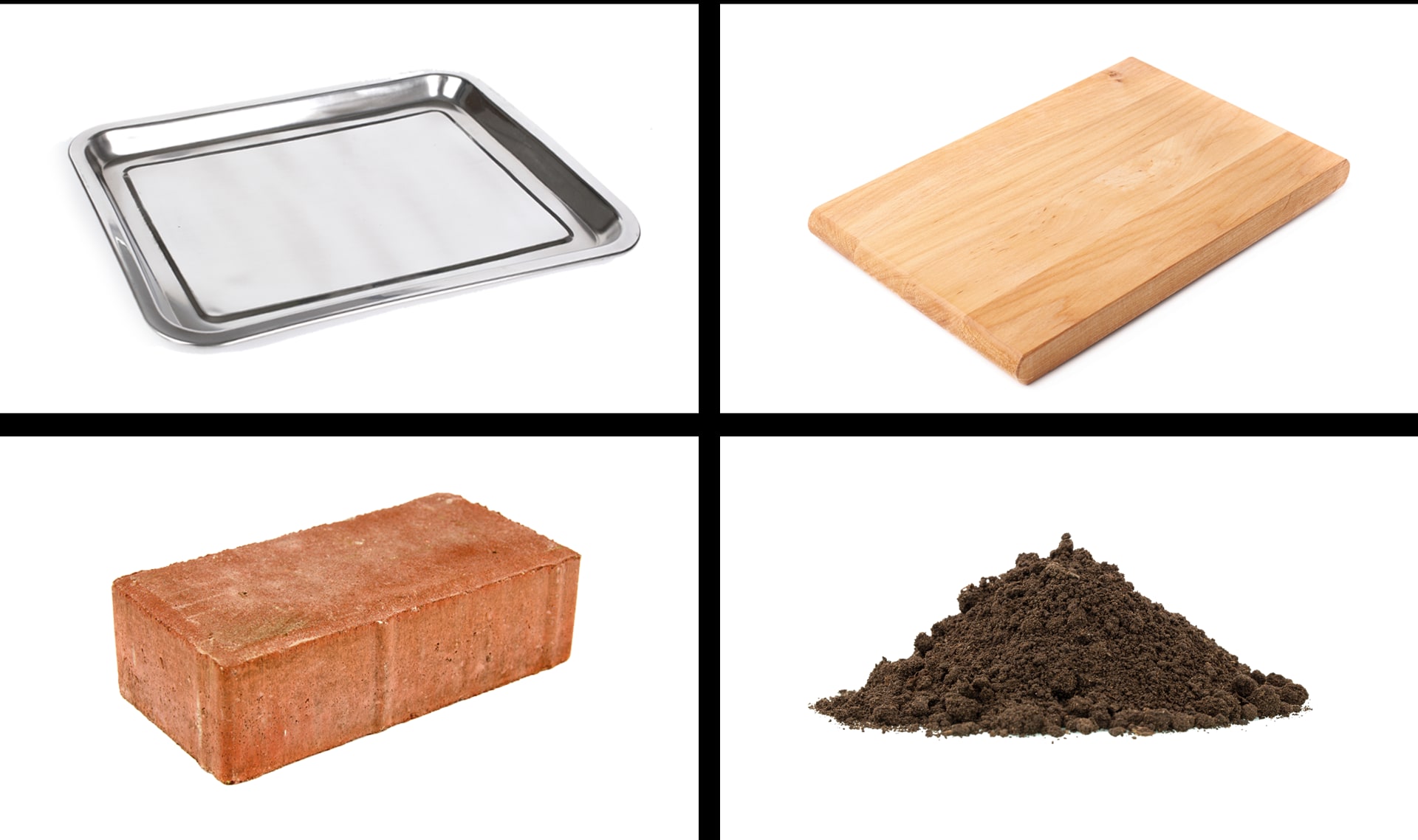
material
6 of 12
what something is made of, like metal, wood, or plastic
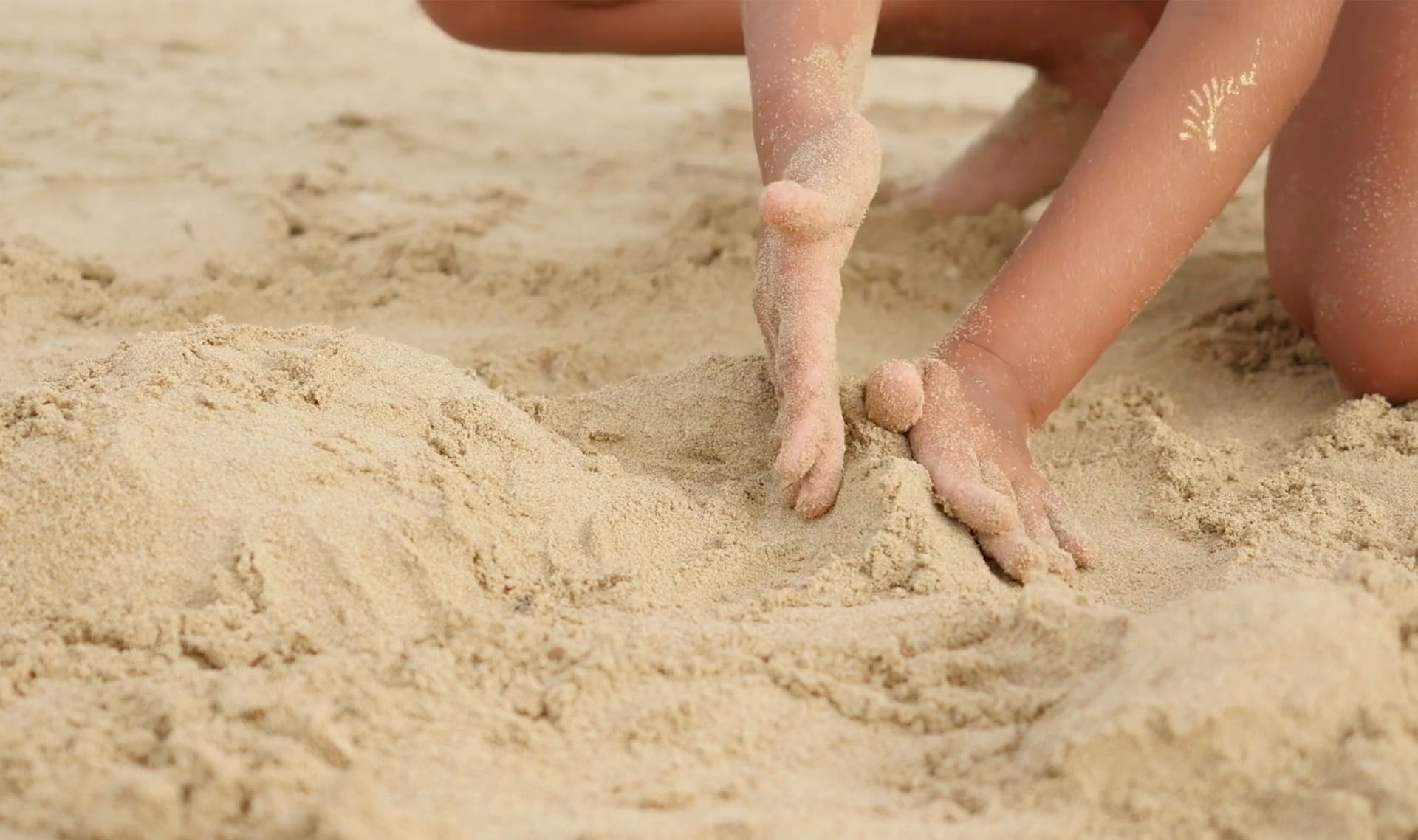
texture
7 of 12
how something feels to touch, such as rough or smooth
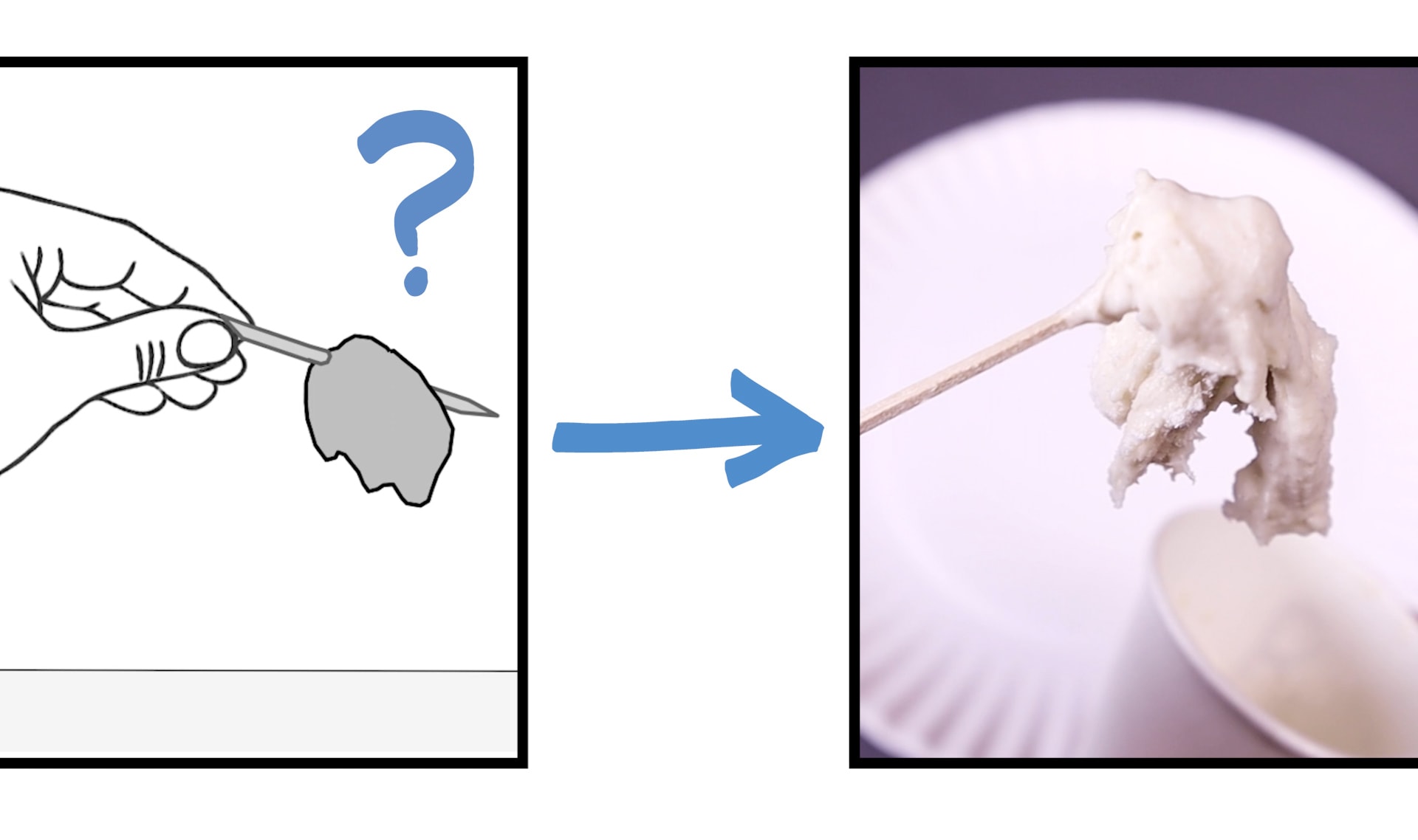
investigate
8 of 12
a process to figure out the answer to a question or to understand how something works
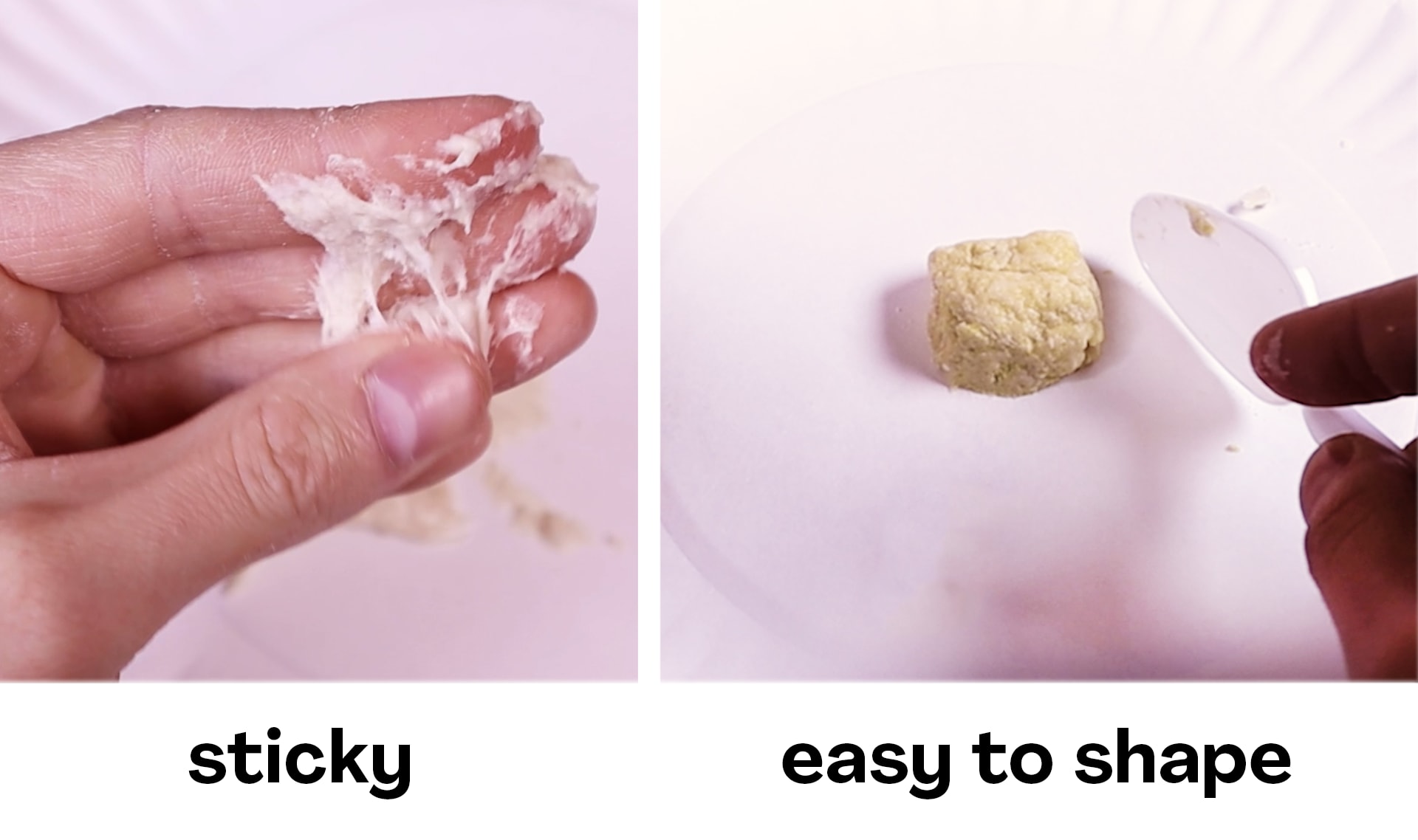
property
9 of 12
something you can observe about an object or material

Please wait…
This video is having trouble loading. You may have lost your Internet connection.
Step 1: Click to Reload this page
Step 2: Click to
Try our other video player
Step 3: Contact your teacher if trouble persists.
Or,
dismiss this message.
model
10 of 12
a pretend version of something that scientists use when the real thing is too big, small, or complicated to work with
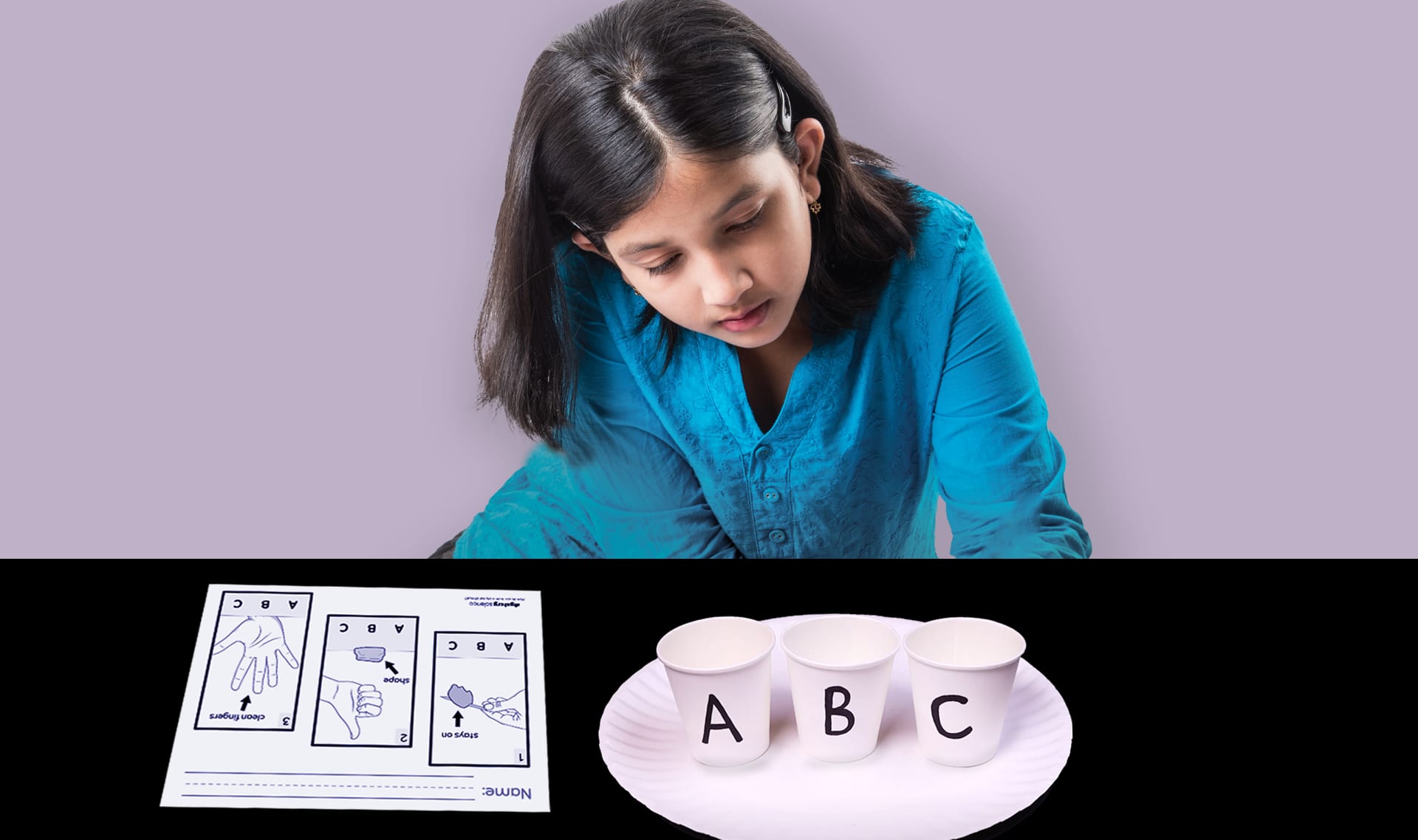
observe
11 of 12
to pay close attention to something
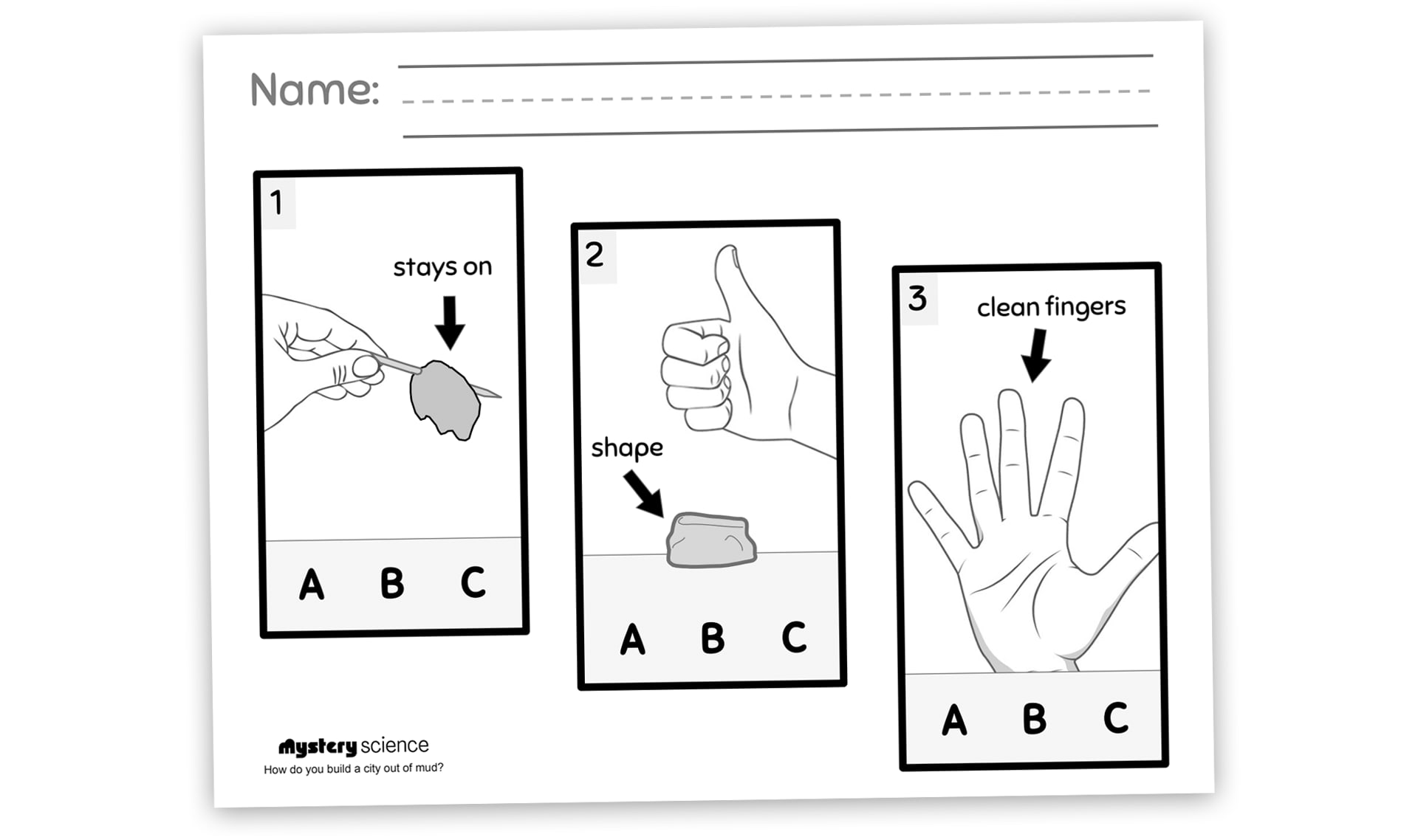
experiment
12 of 12
a test used to discover new information about a question
